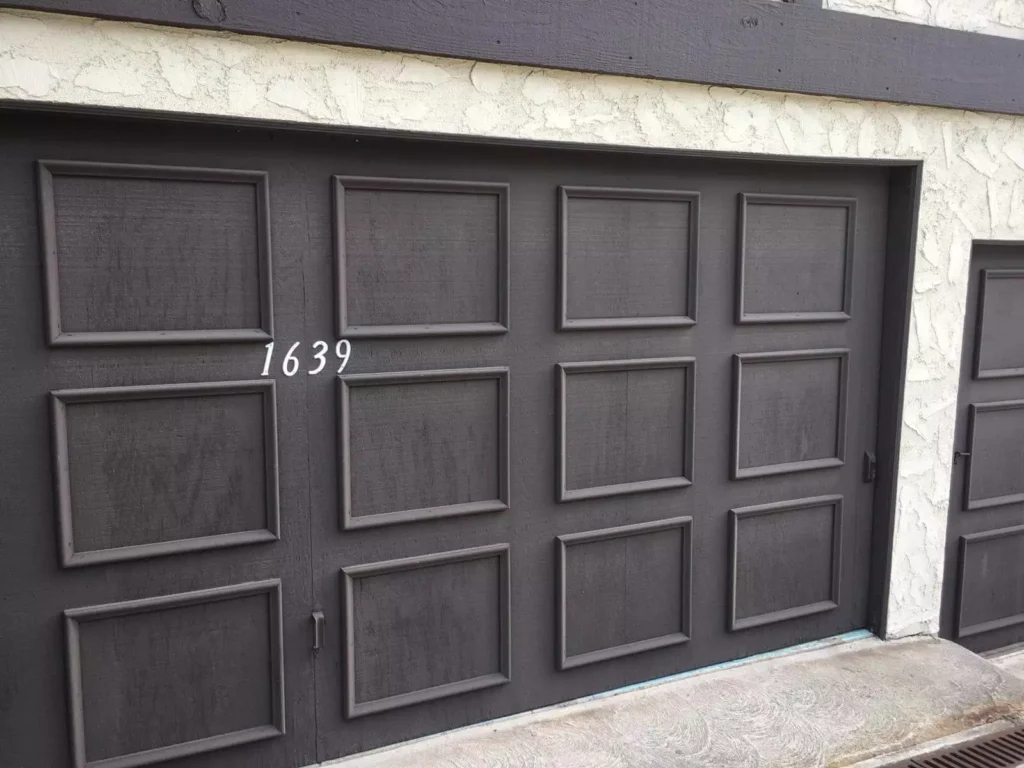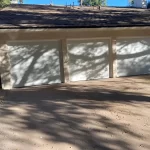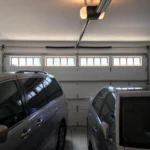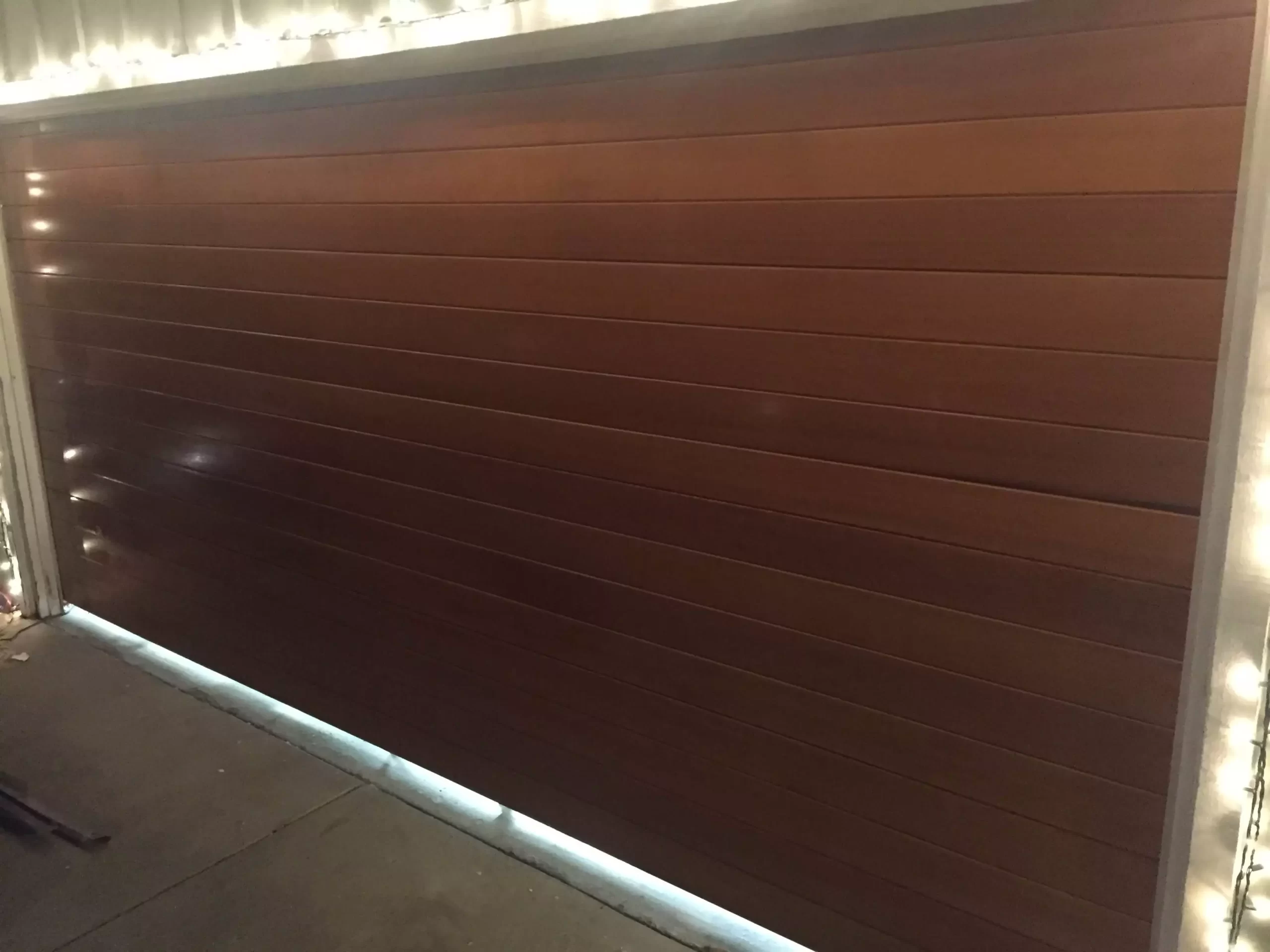Maintaining a quiet and smooth-functioning garage door is crucial for the overall upkeep of your home. When faced with the problem of a noisy garage door, choosing the right lubricant can make all the difference. The two primary options are silicone and lithium lubricants, but how do you decide which one to use? In this article, we will guide you through garage door maintenance, comparing silicone and lithium lubricants, and help you select the best option for reducing garage door noise.

Content
Understanding the Problem: A Noisy Garage Door
A noisy garage door can be more than just an annoyance; it can indicate underlying issues that might need attention. Regular maintenance is essential to ensure the longevity and proper functioning of your garage door. Applying the right lubricant can effectively reduce noise and prevent wear and tear on the moving parts.
Silicone Spray for Garage Doors
Silicone spray is a popular choice for garage door maintenance. It provides a thin, slippery layer that protects metal and non-metal components from corrosion and wear. Here are some benefits of using silicone spray:
- Ease of Application: Silicone spray is straightforward to apply, reaching even the tightest spots with ease.
- Water-Resistant: It offers excellent water resistance, making it suitable for outdoor use.
- Versatility: Effective on metal, rubber, and plastic components, ensuring comprehensive lubrication.
Lithium Grease for Hinges
Lithium grease is another excellent option, particularly for metal parts such as hinges and chains. It is a thicker lubricant that provides long-lasting protection and lubrication. Here are some key advantages of lithium grease:
- Durability: It stays in place longer, providing continuous lubrication.
- Heavy-Duty Protection: Ideal for high-load areas, ensuring smooth operation of heavy garage doors.
- Temperature Resistance: Performs well in extreme temperatures, making it suitable for various climates.
Comparing Silicone and Lithium Lubricants
When it comes to choosing between silicone spray for garage doors and lithium grease for hinges, consider the specific needs of your garage door:
- For Light Lubrication: Silicone spray is ideal for rollers, tracks, and other components requiring a light, clean lubricant.
- For Heavy-Duty Use: Lithium grease is better suited for hinges, chains, and metal components that undergo significant stress and friction.
Lubrication Tips for Garage Doors
To maintain your garage door effectively, follow these lubrication tips:
- Clean Before Applying: Remove dirt and debris from the components to ensure the lubricant adheres properly.
- Apply Regularly: Lubricate your garage door parts every six months to keep them functioning smoothly.
- Use Sparingly: Avoid over-lubrication, as excess lubricant can attract dust and dirt, causing more harm than good.
Conclusion: Reducing Garage Door Noise
Choosing the best garage door lubricant depends on the specific requirements of your garage door’s components. Both silicone spray and lithium grease offer unique benefits, so understanding their applications can help you make an informed decision. For comprehensive garage door repair and replacement in Charleston, South Carolina, consider reaching out to professionals like Integrity Garage Door Repair. With the right maintenance practices, you can enjoy a quiet, smoothly operating garage door for years to come.
By following these guidelines and regular garage door repair and maintainence, you can effectively reduce noise and prolong the life of your door’s components.

My name is Author Name. I post about home improvement ideas and how to make your home look beautiful and liveable. I hope my posts will help you with your DIY projects!










